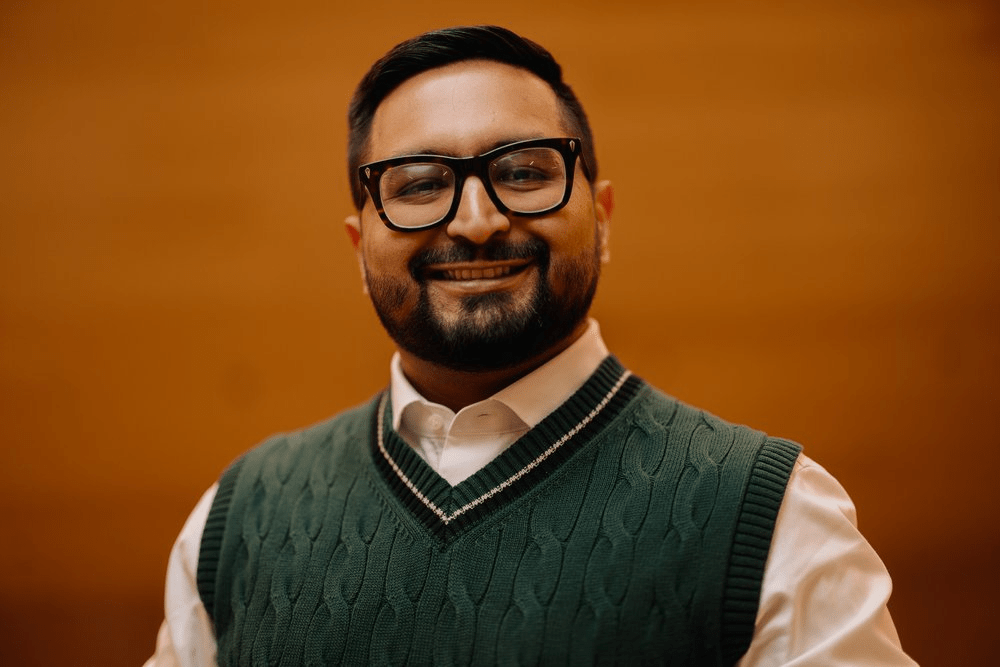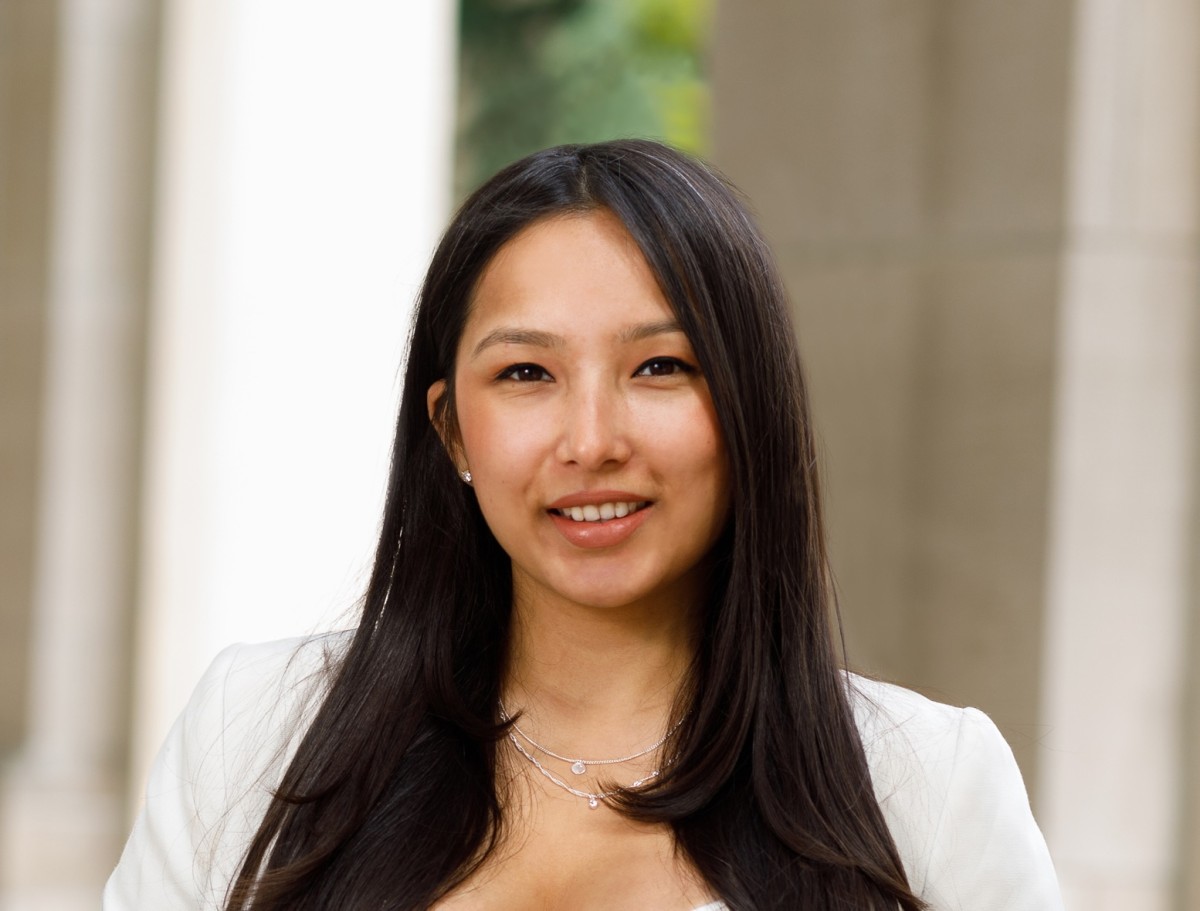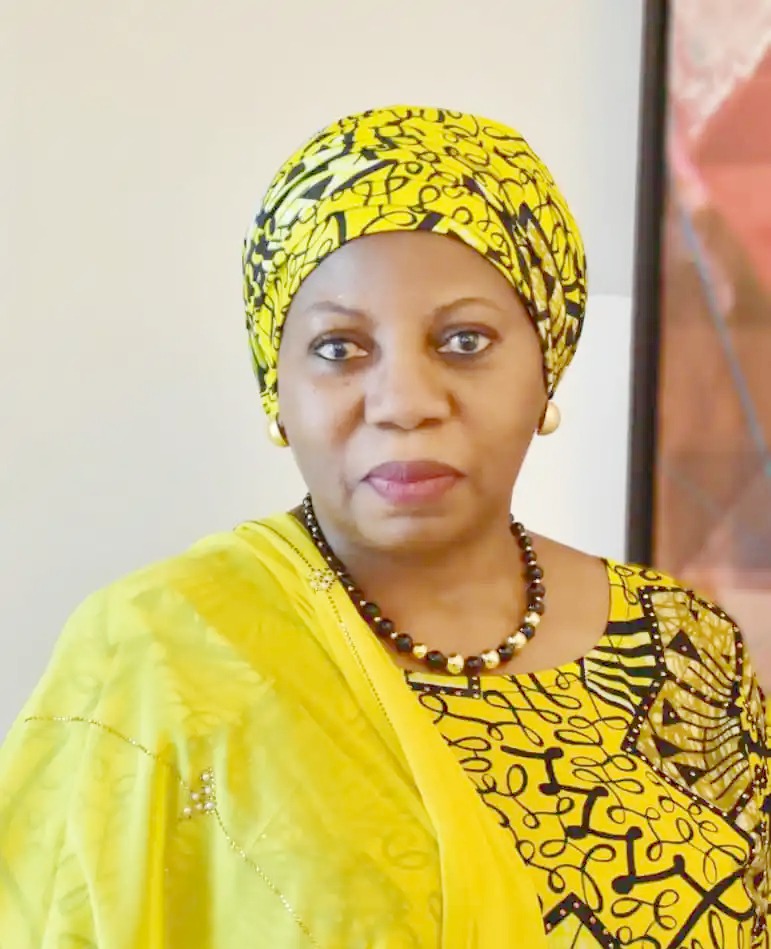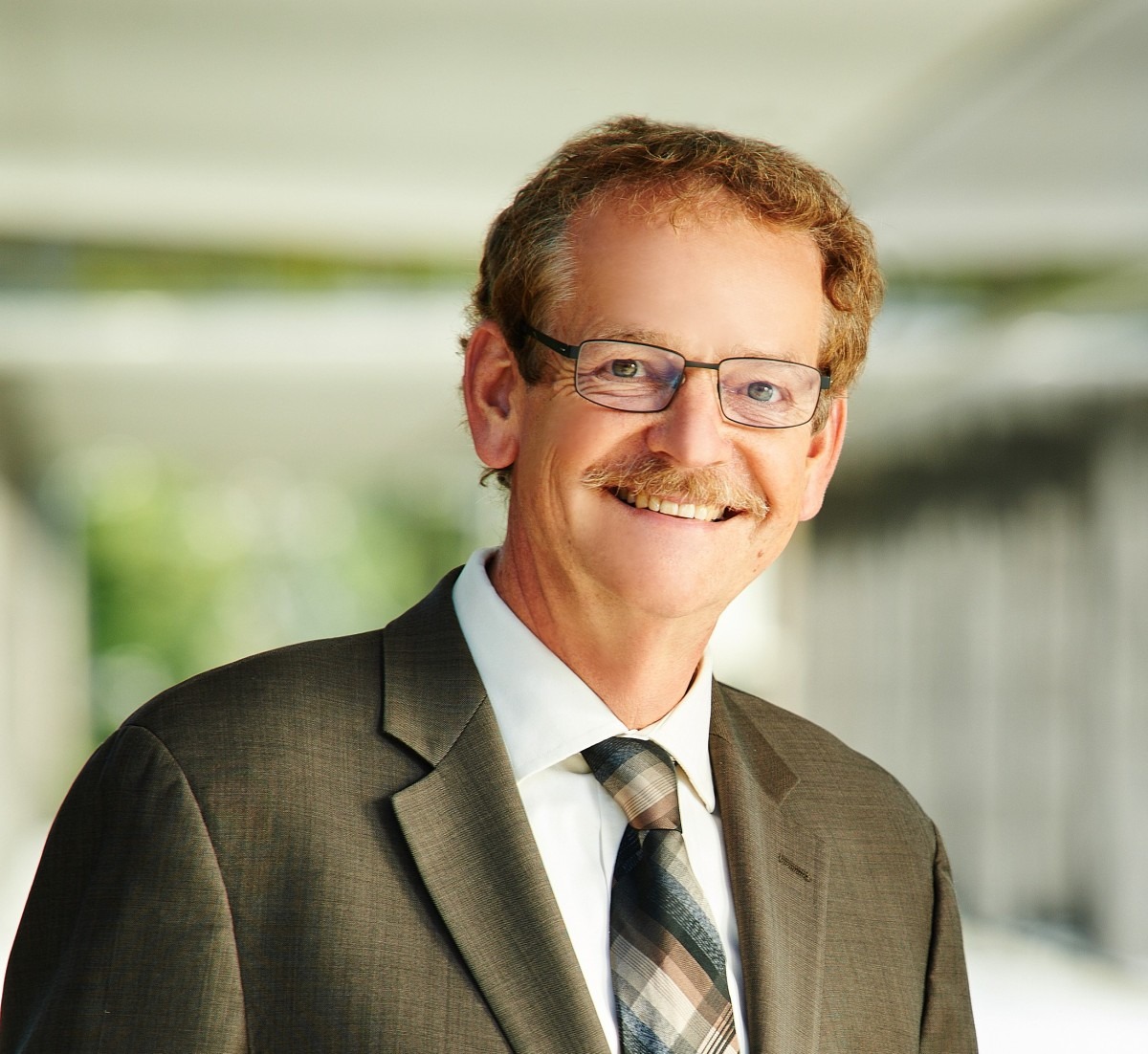Senior Economist

Anil Wasif
Anil Wasif
Co-Founder, BacharLorai | Canada
Short Bio:
Anil Wasif is a policy researcher and practitioner with extensive experience in government and non-profit sectors. He is Co-founder, Trustee & Director of Strategy of BacharLorai, a non-profit focused on empowering Bangladeshis worldwide. He is also a Research Manager at Infrastructure Ontario. Mr. Wasif was formerly Senior Economist at the Office of the Budget, Ministry of Finance and Senior Policy Advisor to the Associate Deputy Minister, ServiceOntario. Mr. Wasif serves on the Advisory Board for the Max Bell School of Public Policy at McGill and the Governing Board at the University of Toronto Mississauga. He is also a Senior Fellow at Bangladeshi Canadian Community Services. He holds a Master’s in Public Policy from McGill University and a Bachelor’s in Economics and Political Science from the University of Toronto.
Event: SDGs Conference 2024 | Date: Sept 25, 2024 |
SPEECH
My remarks will focus on one point only: how do you design an organization that empowers young people to take charge? I am a citizen of the world, who is in charge of Strategy at BacharLorai. BacharLorai is a Bangla word that means strive to survive. Bangla is a language spoken by over 180 million people in Bangladesh and over 20 million members of the Bangladeshi diaspora worldwide. We, the people of BacharLorai, have a mandate to empower these communities worldwide through community-building events, research publications, and humanitarian work.
- Community building aligns most strongly with sections 4, 14, and 15, which focus on building international cooperation, fostering youth participation, and creating partnerships.
- Policy Research aligns with sections 23, 24, and 57, providing evidence-based research and analysis that supports poverty reduction, gender equality, and humanitarian cooperation.
- Signature Initiatives finds alignment with sections 15, 23, and 57, focusing on youth leadership, economic opportunities, and humanitarian aid.
You will notice that, by design, our organization advocates for the Pact of the Future. However, after attending the Summit of the Future and subsequent meetings at the UNGA and listening to my distinguished colleagues at the SDGs Conference, I have also realized that implementation starts today. Every single project launched under our three pillars is tied to one specific SDG and sub-targets. This not only helps us promote the SDGs, but helps the entire team, including senior members of the Board learn about them, and continuously remember them as a guide to our work. Today we are a team of 16 people, working from Dhaka, Toronto, New York City, Washington DC, and London. Over half the team identify themselves as women and over 60% are Gen Z. But my work on this continues every day. This past year, we have successfully delivered 36 youth-led projects, secured over $15,000 in financial support, and volunteered over 10,000 hours to benefit 1500 people in the world.
The academic term for what we do is called Digital Social Innovation; what we like to call is using technology to transform passion into tangible action. I am very happy to say, we stand as the only non-profit organization that actively engages citizens from around the world, from all backgrounds, to empower Bangladeshis globally. We have disrupted the traditional non-profit space by hosting engaging social events that bridge the gap between having a good time and doing good in this world; channeling input from those events into publishing thought-provoking research and launching local aid initiatives backed by that evidence. That’s our strategy and we invite you to replicate it. At BacharLorai, youth leadership is at the core of our identity. Every event we have hosted has featured young speakers showcasing their ideas, initiatives, and solutions. Whether they are on stage or behind the scenes, every individual is contributing to real-world change.
We ensure young people in our organization get maximum visibility and that their input is considered seriously. Thus, our talent strategy ensures that young professionals are not only equipped with the tools they need to lead but are active participants in strategic planning. We seek their input on decision-making processes and ensure full transparency, even our financial statements are accessible to all team members. This strategy is proven and replicable, preparing young people for leadership roles far beyond BacharLorai.
For next year, we are building a People-First Strategic Plan, channeling input from our public-facing events, conferences, staff passions, and leadership opinions. This will decentralize power, allowing each of our nine program managers to deliver their projects with full autonomy, targeting revenue from diverse funding sources such as crowdfunding, corporate gifts, and individual donations. This approach empowers leaders to be creative, innovative, and accountable for their results. During the pandemic, the hashtag model was effective, but it was not sustainable for the long-term. As a leader, I realized that to scale our work while remaining resource-efficient, we needed to build mechanisms for sustainability.
Today, BacharLorai is focused on creating long-term impact through diversified funding streams and strategic partnerships with governments, non-profits, and the private sector. These partnerships not only enhance our reach but allow us to drive systemic change. One of our proudest achievements is the rigor of our reporting standards. For any cross-border aid initiative, we operate with one of the most rigorous accountability systems in the world. This includes securing confidential contact information for aid recipients to ensure every donation reaches its intended beneficiary. These measures build trust with our donors and communities, ensuring that every contribution is fully transparent and traceable.
We are also the only organization (in this space) that channels insights from social events into a structured research agenda. Our ability to translate community input into actionable research allows us to not only engage but inform policies and decisions at a higher level. This reinforces the trust we’ve built with our community and helps us influence systemic change through advocacy, policy work, and global partnerships. Nonprofits face unpredictable challenges, and our resilience has been tested many times. Whether it was navigating the complexities of the pandemic or adapting to shifting geopolitical landscapes, BacharLorai has shown its ability to be agile.
We did this through forging international relationships and meeting our partners at every step of the way. We are committed to being responsive to the needs of the communities we serve while remaining adaptive to global trends. BacharLorai is more than a non-profit, faster than a charity, and cooler than a think tank; we are an agency for young leaders to take charge of their future. From our decentralized leadership model to our rigorous reporting standards, we are setting an example for what is possible when youth are empowered to lead.
We believe in transparency, innovation, and most importantly, delivering excellence. Our work is an invitation to young people everywhere to replicate our strategy and do better in the world.



